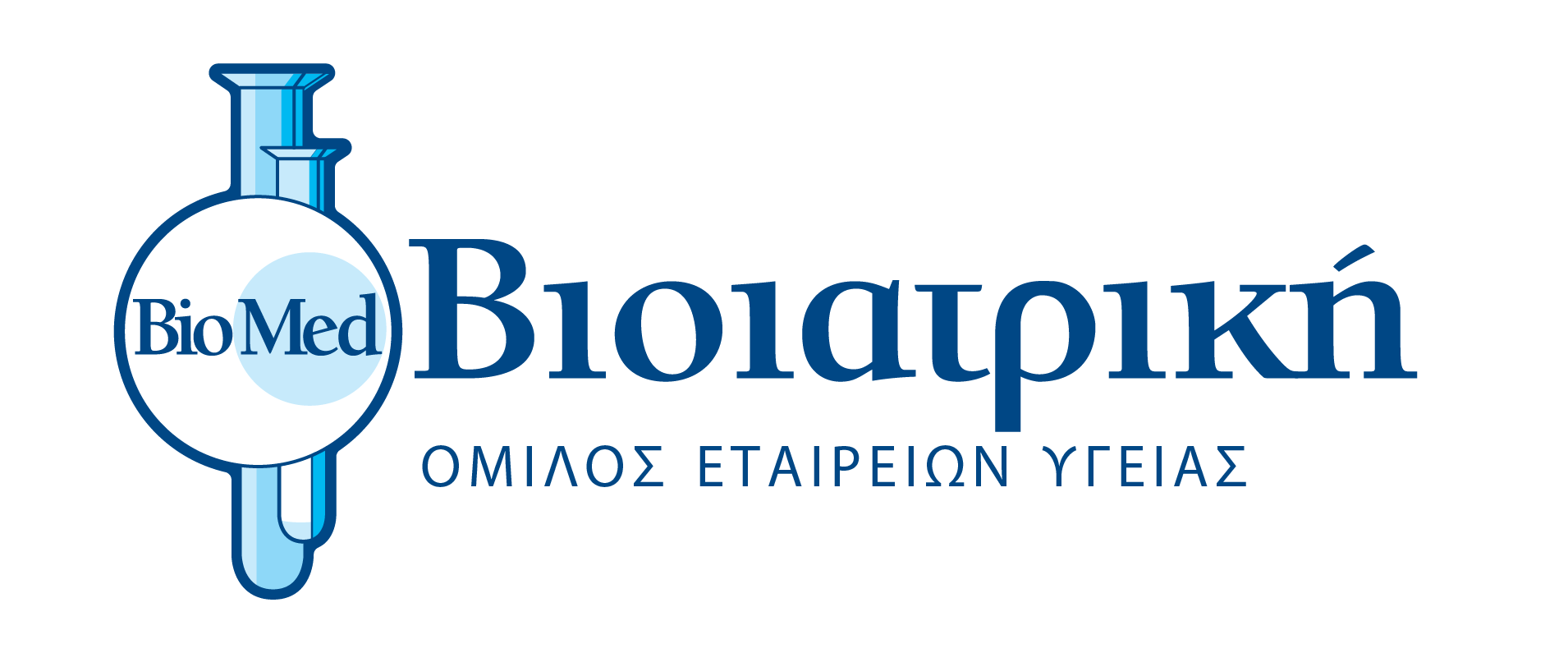Skin rashes, difficulty breathing, coughing, sneezing, runny nose, itchy eyes, upset stomach… These are some common allergy symptoms that affect 30% of the population and can sometimes lead to life-threatening anaphylaxis.
Allergy is the body’s reaction to an otherwise “innocent” element in the environment. In other words, our body may deem that element to be dangerous and initiate a response to eliminate it. Allergies can act immediately after contact with a variety of stimuli – eating a food, dust in the air, touching grass or an animal’s fur, etc. and the corresponding body organ reacts accordingly, e.g., shortness of breath, skin rash, sneezing, and runny nose. Although the reaction is usually relatively mild, it is estimated that 1 in 300 Europeans will experience anaphylaxis as an allergic reaction at least once in their lifetime, which, if not treated immediately, can be life-threatening.
Modern Allergy testing and management Today, medical specialists and the significant contribution of modern diagnostic tools, can diagnose and treat allergies in time. Recently, BIOIATRIKI Healthcare Group has started using the ALEX Allergy Explorer, the world’s first laboratory allergy test that simultaneously detects up to 300 allergens, covering most global causes of allergy. This is a simple blood test without any preparation from the patient such as fasting.
As Mr. Kyriakos Yiannouka, CEO of Yiannoukas Medical Laboratories – BIOIATRIKI Healthcare Group explains, this test measures simultaneously both total and specific IgE antibodies (tIgE and sIgE), which develop when the body encounters a variety of allergens and molecular allergen extracts. It is based on proprietary nanospheres technology, covering almost most of the world’s relevant allergens in just one test. It thus provides a comprehensive picture of the subject’s sensitivity to allergens.
The test is indicated for determining the causes of an allergic reaction, prevention of asthma, identification of allergens requiring immunotherapy, evaluation of the results of allergen immunotherapy, investigation of food allergy, investigation of an anaphylactic episode and verification of the diagnosis of an existing allergy. It is also suitable for infants who have had an anaphylactic episode, asthma symptoms (severe cough, e.g., after a virus/infection), and for infants with chronic allergy symptoms (rhinitis, irritated eyes, runny nose, etc.).
As 1 in 4 people suffer from allergies, the new allergy tests are a useful, painless, and quick diagnostic tool. The medical specialist is the person responsible for guiding people in the treatment of the reactions caused by the various allergens.









